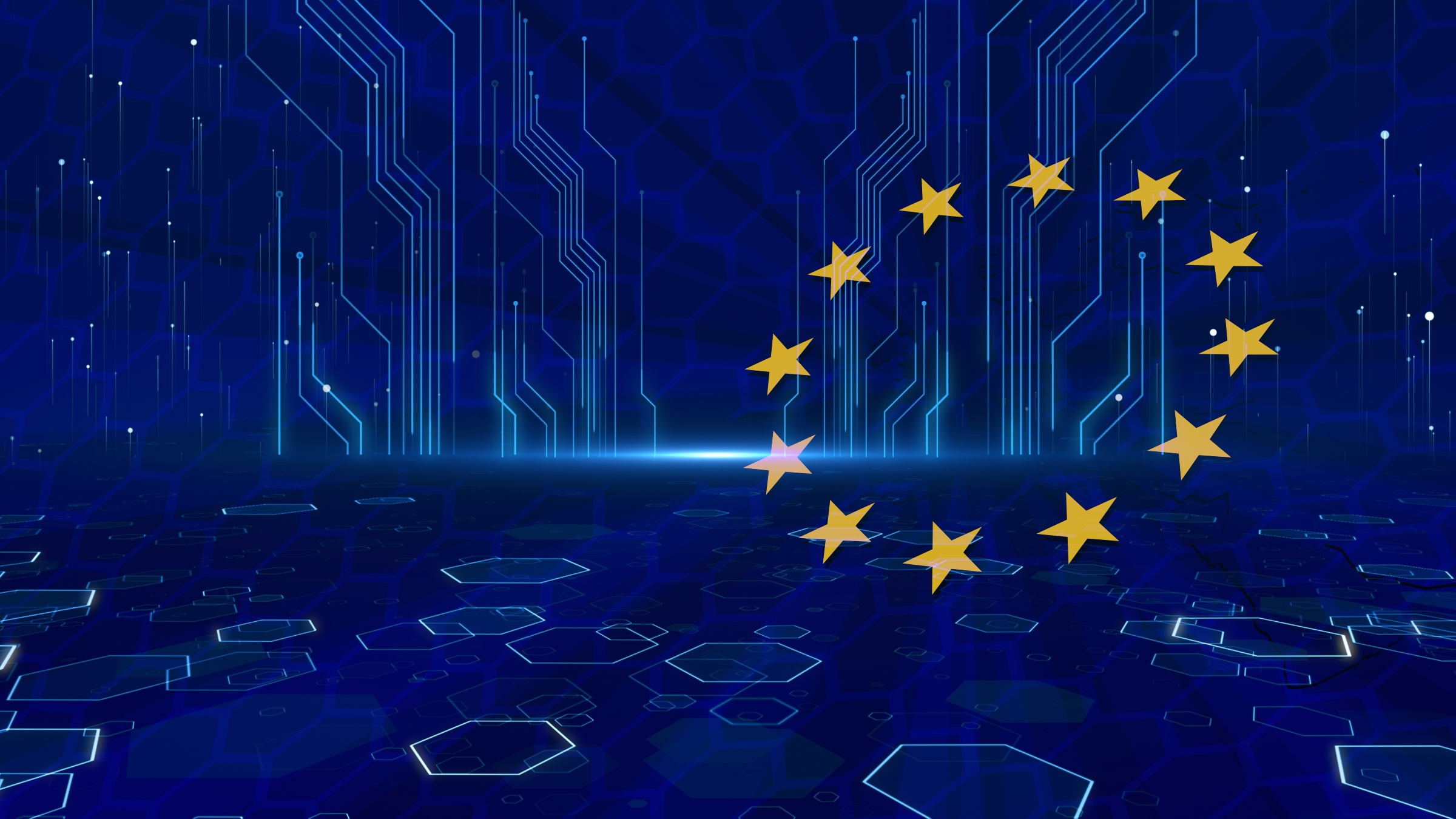
On Sunday, President Trump slapped EU goods with a 30% tariff, retaliating against Brussels’ AI Code of Practice, as Meta and OpenAI split over Europe’s push to dictate global technology regulation.
The European Union’s (EU) voluntary AI code – backed by the OpenAI but opposed by Silicon Valley’s Computer and Communications Industry Association (CCIA) lobby – will set de facto global standards on technology governance. In the meantime, President Trump’s tariffs frame it as “overseas extortion.”
While not legally binding, the code builds upon the EU’s landmark AI Act, and companies are under pressure to sign on before the August 2 deadline. OpenAI announced Friday that it will agree to technology governance, while lobbying group CCIA, representing Silicon Valley giants like Google and Meta, has blasted the guidelines as overly burdensome.
President Trump’s response to the EU’s Big Tech regulation has been blunt, repeatedly accusing European regulators of imposing “overseas extortion” through fines and red tape – echoed by Treasury Secretary Scott Bessent.
With Meta’s $200 million fine for its controversial “pay-or-consent” user model, breaching the Digital Markets Act, and French President Macron’s threatening anti-coercion measures, the latest actions taken by both parties could fragment the internet into rival US-EU regulatory spheres.
According to Reuters, Meta plans to challenge the decision, risking further fines and deepening tensions.
Tech Titans Choose Sides
In January, Meta CEO Mark Zuckerberg sided with the Trump administration, pledging to “work with President Trump to push back on governments around the world that are going after American companies,” specifically warning Brussels.
The EU Big Tech regulation push has already had tangible consequences. Under the 2022 Digital Markets Act (DMA), firms like Apple, Amazon, Google, and Meta were designated as “gatekeepers” a status that triggered a cascade of fines and compliance mandates.
Yet, while pressure from Washington mounts, Brussels is not backing down on how Big Tech controls us.
“Our rules on AI and digital competition are not up for negotiation,” EU tech chief Henna Virkkunen told Politico. Still, the bloc has shown strategic restraint scrapping a proposed digital regulation tax in a move seen as a concession to US pressure.
Technology Regulation for National Upper-Hands
What’s at stake here is more than just when Trump tariffs digital goods or fines, it’s about who controls the internet’s future rulebook. A Trump reelection in November, altered the balance of power in global tech governance.
The EU has warned it’s prepared to escalate. French President Emmanuel Macron signaled the bloc may provoke its trade weapon, the anti-coercion instrument.
The process would allow the EU AI Code of Practice to target not just goods, but online services, a move that would harm US technology companies where it hurts them most: cloud computing, app stores, and cross-border data flows.
As inconsistencies become deeper in the EU digital market act, the future of this cyber tug of war can redefine global tech regulation. IF Washington and Brussels fail to meet halfway, an internet split into US and EU technology regulation spheres may no longer be a distant possibility, but a visible reality.
Inside Telecom provides you with an extensive list of content covering all aspects of the tech industry. Keep an eye on our Tech sections to stay informed and up-to-date with our daily articles.